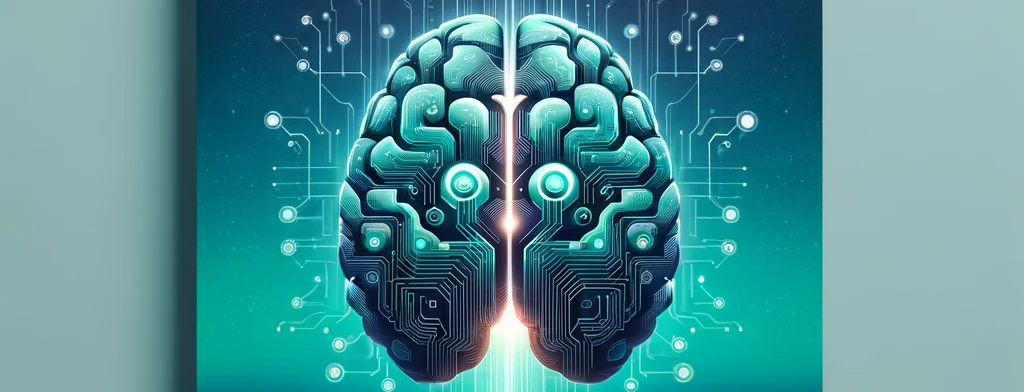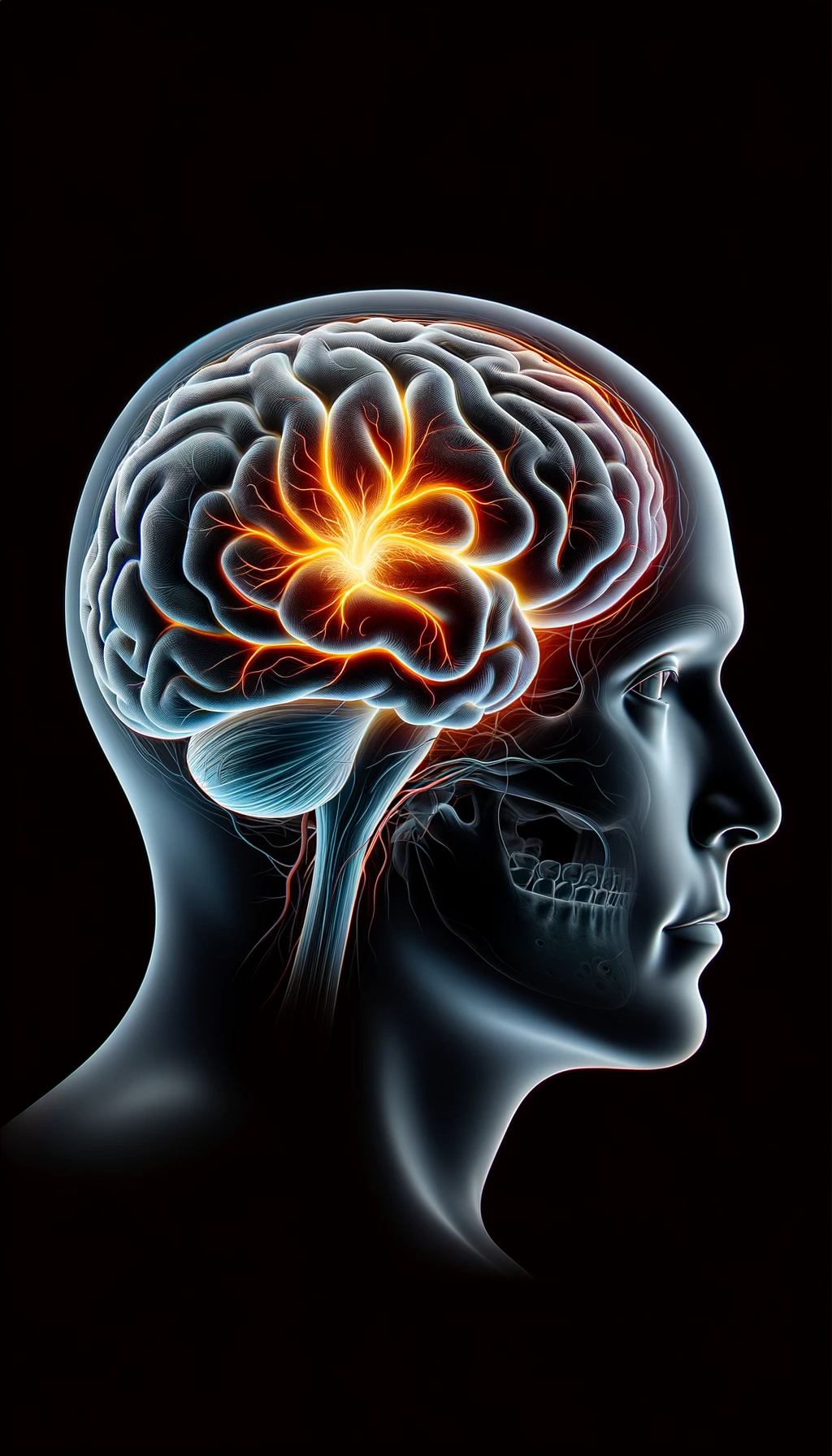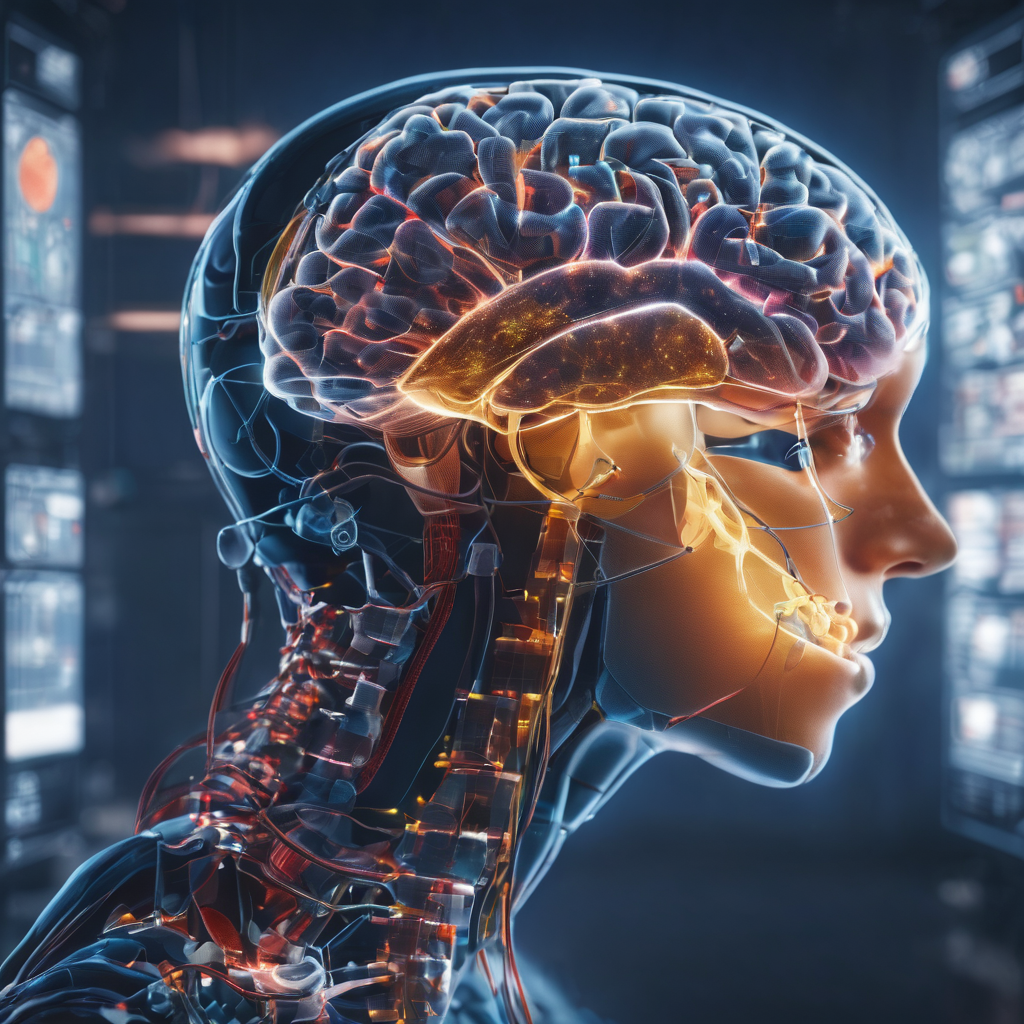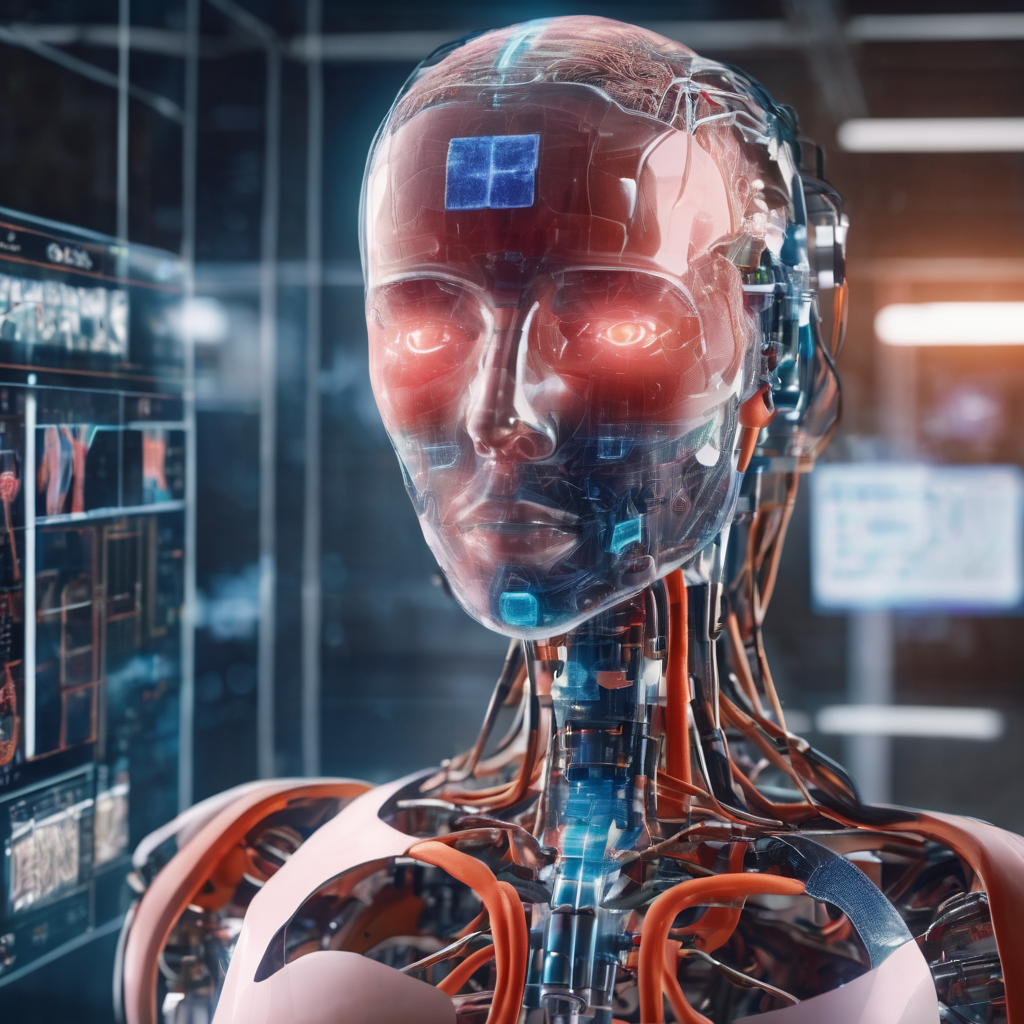In the fast-paced world of medical advancements, where technology and healthcare increasingly intersect, a revolutionary approach to stroke care is making waves and saving lives. Known as telestroke, this digital lifeline is transforming the landscape of emergency stroke treatment, offering a glimpse into the future of healthcare that is both innovative and inclusive. Drawing inspiration from the engaging and informative style of Popular Science, let’s dive into the world of telestroke, exploring its mechanisms, benefits, and the profound impact it’s having on patients and healthcare systems around the globe. The Dawn of Telestroke Stroke, a medical condition that occurs when…
-
-
When it comes to strokes, time is of the essence. The ability to diagnose and treat strokes swiftly can mean the difference between life and death, or between full recovery and long-term disability. Enter Brainomix, a pioneering technology that is revolutionizing stroke care. In this article, we’ll explore how Brainomix’s innovative solutions are reshaping the landscape of stroke diagnosis and treatment. Rapid Diagnosis: Stroke diagnosis is traditionally reliant on medical imaging techniques like CT scans and MRI. However, interpreting these images quickly and accurately can be challenging, especially in acute stroke care. Brainomix’s technology changes this by using artificial intelligence…
-
The landscape of healthcare diagnostics and decision-making is rapidly evolving, with advanced diagnostic tools and decision-making systems playing pivotal roles. These innovations, particularly those driven by artificial intelligence (AI), are transforming the practice of medicine by improving diagnostic accuracy, optimizing treatment decisions, and enhancing patient safety. Clinical Decision Support Systems (CDSS)CDSS are integral in augmenting clinicians’ abilities to make complex decisions. These systems offer various benefits, including reducing medication administration errors through electronic drug dispensing systems (EDDS) and bar-code point-of-care (BPOC) medication administration systems, which ensure a closed loop of prescribing, transcribing, dispensing, and administering medication. They also target patient…
-
The integration of artificial intelligence (AI) in healthcare, particularly in stroke diagnosis and treatment, is revolutionizing the way medical care is delivered and enhancing patient outcomes. Platforms like Brainomix and various AI-assisted healthcare projects are at the forefront of this transformation, providing crucial support to healthcare professionals by offering advanced diagnostic tools and decision-making systems. Brainomix and Stroke Care:Brainomix specializes in AI tools that interpret acute stroke brain scans, aiding doctors in making informed treatment decisions and facilitating the transfer of patients requiring specialist care. This AI-enabled approach ensures timely and accurate diagnosis, which is critical for effective stroke management.…
-
The Intersection of Stroke Care and Artificial Intelligence: Recent Advances The integration of Artificial Intelligence (AI) in stroke care is pioneering advancements in treatment, diagnosis, and rehabilitation, offering new hope for patients and clinicians alike. Here’s a roundup of the most recent news highlighting how AI is transforming stroke management: AI-Guided Stroke Treatment Enhances Patient Outcomes Expansion of Brainomix to the US Market Future Directions and Clinical Research Conclusion The integration of Artificial Intelligence into stroke care is a rapidly evolving field that promises to significantly improve outcomes for stroke patients. From reducing the risk of subsequent vascular events through…
-
The application of Artificial Intelligence (AI) in stroke diagnosis represents a significant advancement in medical technology, offering the potential to enhance the accuracy, speed, and efficiency of diagnosing stroke types and severity. This in-depth analysis explores the role of AI in stroke diagnosis, focusing on machine learning and deep learning techniques, and reviews scientific evidence to understand its effectiveness and future potential. The Role of AI in Stroke Diagnosis Machine Learning and Deep Learning Machine learning (ML) and deep learning (DL), a subset of ML inspired by the structure of human neural networks, are at the forefront of AI applications…
-
In the rapidly evolving field of medical technology, Artificial Intelligence (AI) has emerged as a beacon of hope, offering innovative solutions to some of healthcare’s most pressing challenges. Among these, stroke care stands out as an area where AI has the potential to make a significant impact. A recent study, which has garnered attention for its groundbreaking findings, serves as a testament to the transformative power of AI in diagnosing, treating, and managing stroke patients. A Glimpse into the Future: AI’s Role in Stroke Diagnosis Stroke diagnosis is a critical first step in the management of this acute medical condition.…
-
Artificial Intelligence (AI) has shown promising advancements in various healthcare sectors, including the management, diagnosis, and rehabilitation of stroke. Stroke, a leading cause of disability and death worldwide, requires rapid and accurate diagnosis and treatment to minimize brain damage and improve outcomes. AI technologies, particularly machine learning and deep learning, are being integrated into stroke care pathways to enhance efficiency, accuracy, and patient outcomes in several ways: 1. Early Detection and Diagnosis 2. Treatment Decision Support 3. Rehabilitation 4. Monitoring and Prevention of Recurrence Challenges and Considerations While AI holds great promise in transforming stroke care, there are challenges to…
-
Online therapy has transformed the landscape of mental health support, making it more accessible, convenient, and adaptable to the needs of individuals across the globe. This revolutionary approach to psychological services leverages technology to provide therapeutic interventions via the internet, offering numerous benefits over traditional, in-person therapy. Here’s an engaging and informative look at how online therapy is beneficial and why it’s becoming a preferred choice for many. Breaking Barriers to Access Geographical Freedom: One of the most significant advantages of online therapy is its ability to transcend geographical barriers. Individuals living in remote or underserved areas, where mental health…














